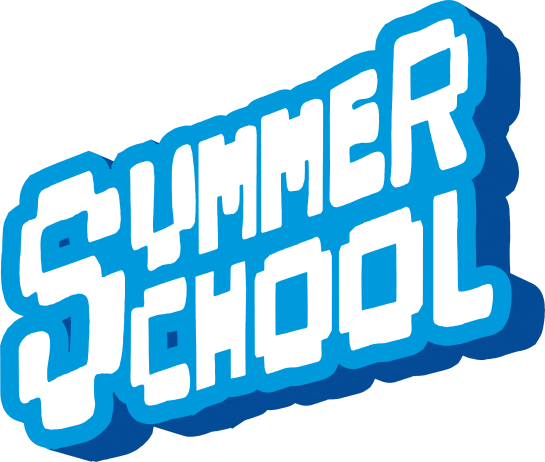Day 1
Setting Up the project
I want to make a game. Where do I start? What skills do I need?
Do I need a team? How to set up a working environment? What does
a concept document look like?
10:30 Orientation session
Before the school each student will receive a student pack:
a workbook - an online folder with all the materials we will
be working with during the school; teams distribution info
(you will be preparing projects for pitching in teams of 4),
information about your team’s curator, who will be mentoring
you throughout the process. At orientation we will all meet
in person and discuss what's gonna be happening in the next
four days.
11:30
Coffee Break
12:00 Alexandr Mezin: Setting up the game project and
preparing a concept doc
The basic theory on what you should know before setting up
your own game project. We will make a concept document
together so every participant can check the logic behind its
creation.
14:00
Lunch
15:00 Preparing a concept doc and project plan in teams
Workshop
 Program
Program

 Apply Now
Apply Now






